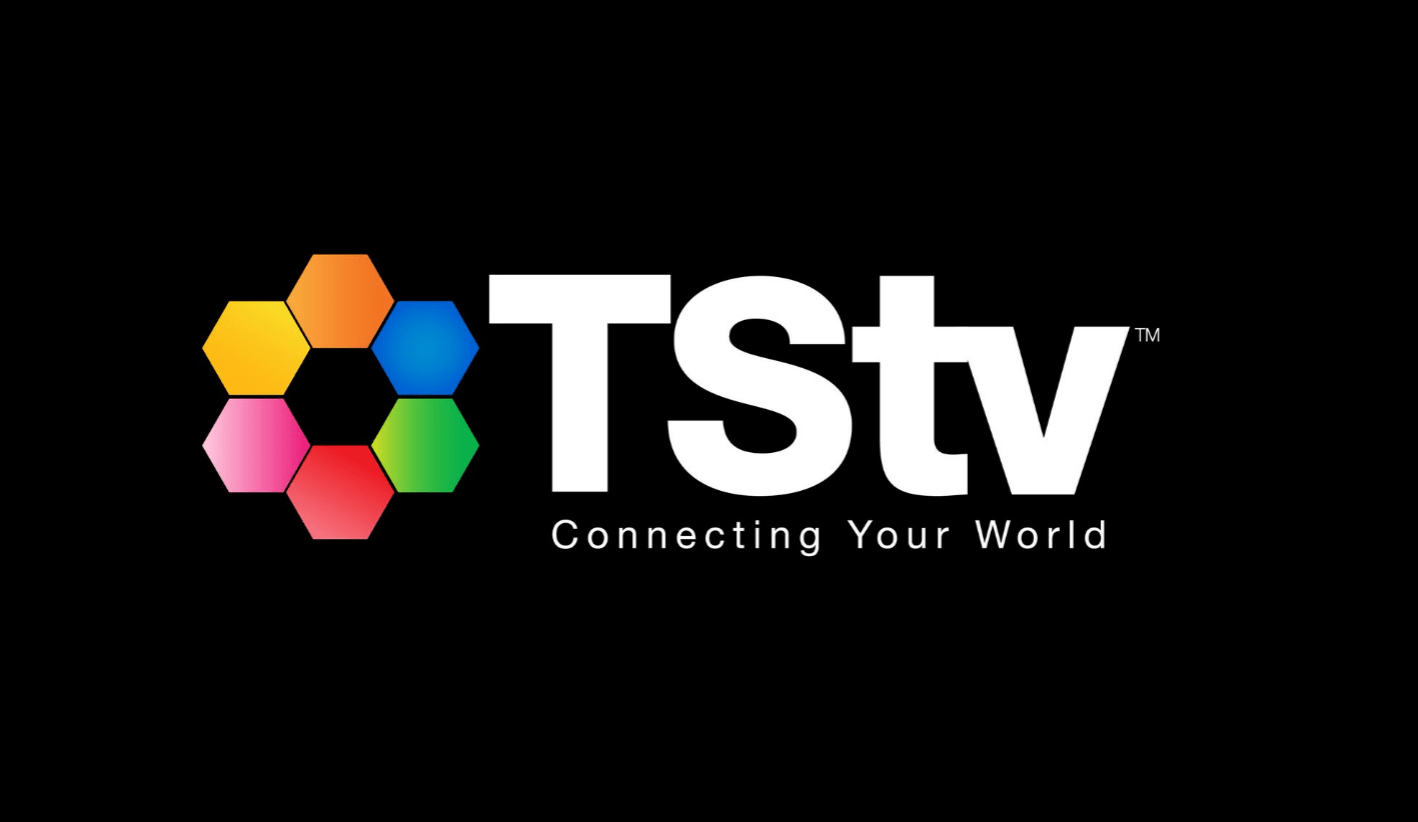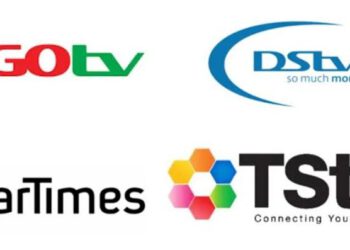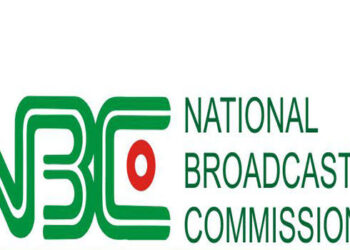LUCAS T. PONUWEI
My attention, like that of many other Nigerians, was immediately arrested by TSTV, the new pay-television service provider, which launched on 1 October. Pre-launch, social media platforms fizzed with excitement about the salad of promises the new provider was making.
The promises were brash, bold and extravagant. Of course, as with almost everything on the social media, that notable sewer of the human psyche, things are never what they really are. Knowing that, I kept my hopes in check. Not so for many others, who felt the promises being made by TSTV, which had announced it would start selling decoders on the launch day, represented freedom from perceived oppression.
TSTV’s launch was grand. Government officials were there in full force. Government support was there, notably with the announcement of a three-year tax break for the company advertising itself as wholly Nigerian. In these days of “buy Nigeria”, TSTV claim of being Nigerian got many giddy. Only a few questioned why a company that is not pioneer in the field was getting a tax vacation.
Post-launch, however, the wheels started coming off. TSTV, which had on its website-tstvafrica.com- a channel list displaying world famous broadcasters like CNN, beIN and FOX, did not sell decoders as promised. This left many prospective subscribers disillusioned.
Something graver manifested when CNN and beIN wrote to the National Broadcasting Commission (NBC) and Nigerian Copyright Commission (NCC) respectively, stating that they have no content redistribution agreement with TSTV. In short, they accused TSTV of attempted intellectual property theft.
In a September 25 post on TSTV’s Facebook page, the company, responding to a question asked by Ali Yakubu, said it will broadcast the English Premier League, Spanish La Liga and UEFA Champions League. But when asked about the frequency and the percentage of league games to be shown, no response was issued. TSTV, before being exposed, claimed on its website that it will have 13 sports channels. Ten of these are beIN channels in addition to FOX Sports 1 and 2.
A poster on the TStv Facebook page called the attention of others to the fact redistribution of sport content is jurisdictional. beIN Max, one of the range of channels being offered airs foreign league matches in the Middle East and North Africa to Arabic-speaking audiences. The company pretended not to see it.
Both beIN and CNN ordered TSTV to desist from including their channel logos on its promotional materials or face litigation. TSTV responded limply-only on its social media platforms-with the claim that the letters were fake. It never produced letters showing agreements with those that issued the disclaimers. Next up was FOX, which expressed similar displeasure, but hinted that the issue could be resolved before TSTV would commence commercial operations on a new date of 1 November, an indication that the new pay-television service provider did not secure an agreement before claiming it had redistribution rights.
Shamefacedly, TSTV removed the channel list from its website and avoided responding to media enquiries on allegations of intellectual property theft. In apparent desperation to save face, it hired a crop of shockingly ill-informed social media users to start writing that DStv was behind its ordeal.
One of such laughable articles claimed that DStv had gone to the content owners that issued disclaimers with billions of naira in bribes to withdraw the rights awarded to TSTV.
How the writer, presumably a sentient being, believed that such a claim made sense is something that has eluded me. Content owners want to sell if the terms are right. Why they would need bribes to annul agreements they presumably signed after being paid and with the possibility of litigation is something the writer failed to explain. The writer proceeded with another extravagant claim that DStv jammed the TSTV’s signal. How do you jam something that does not exist? TSTV, clearly because of its squalid preparation and wish to run its shop with another man’s stock despite not obtaining the owner’s permission, deferred its roll out to 1 November.
As it stands, the indication is that TSTV is trying to get in its excuses early in anticipation of failure to meet the stratospheric expectations it has created. It looks like a victim of its own success at failure.




















